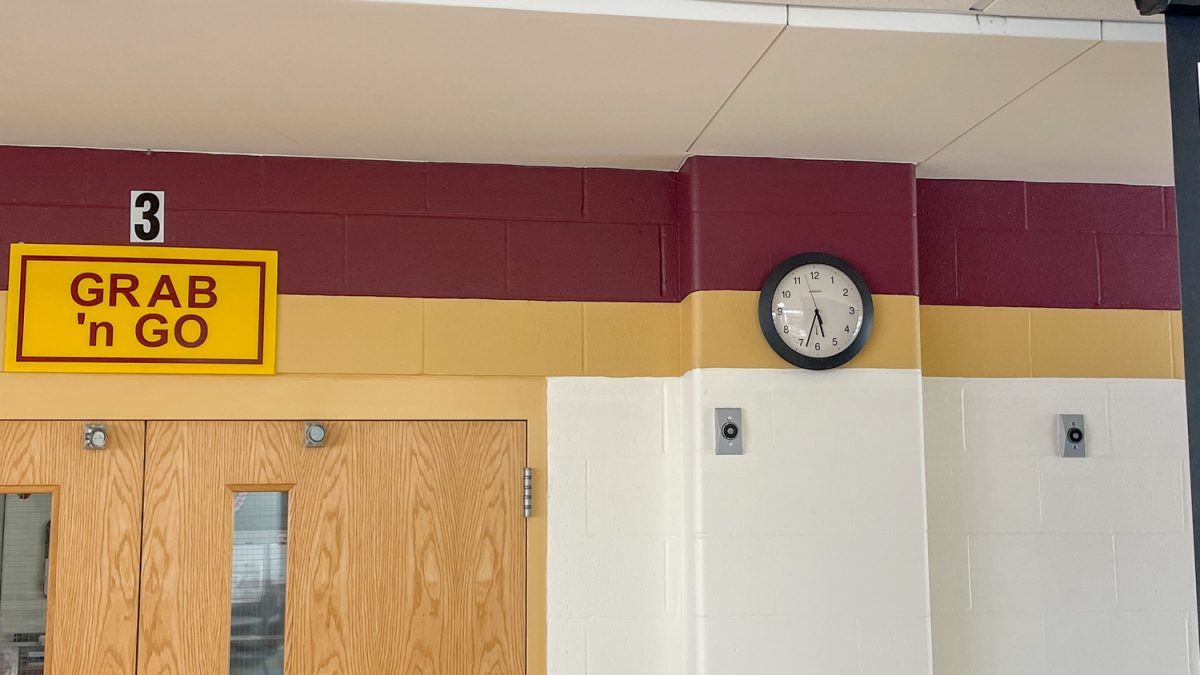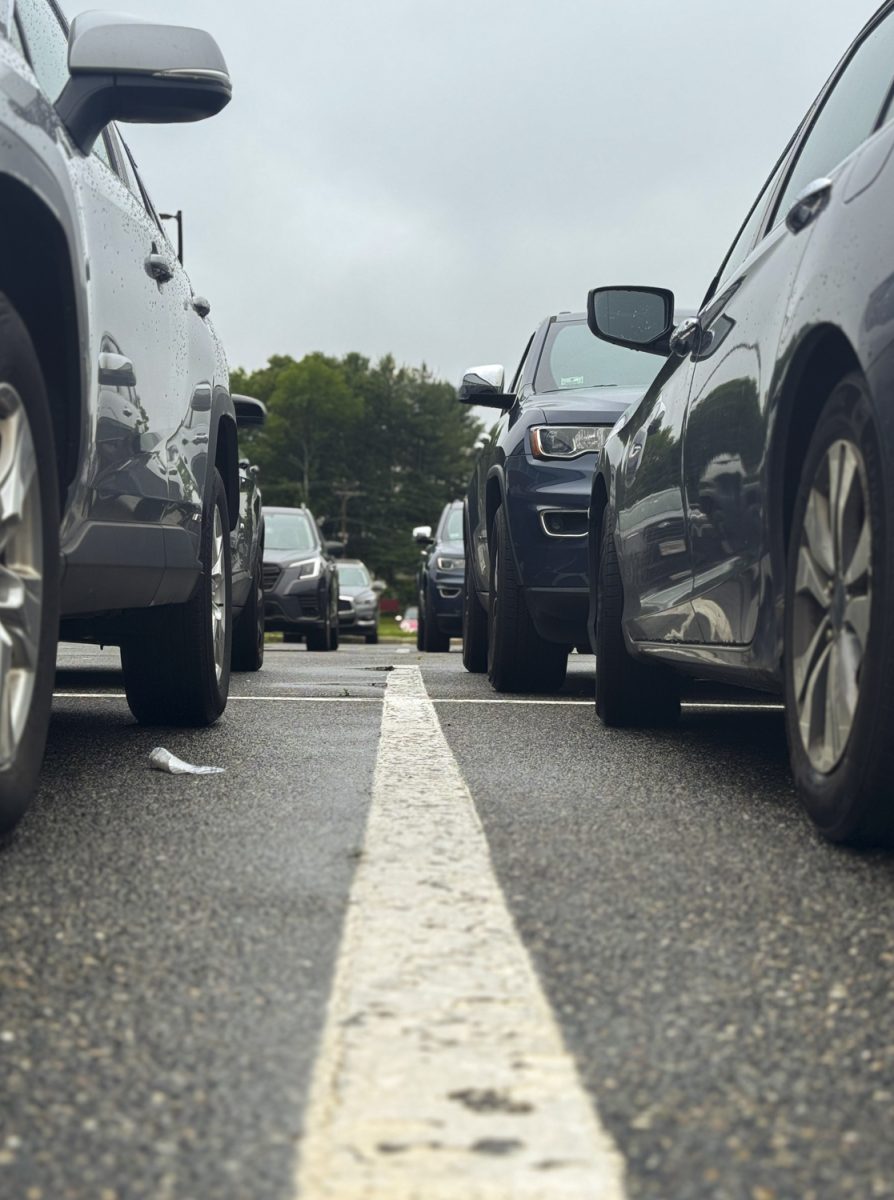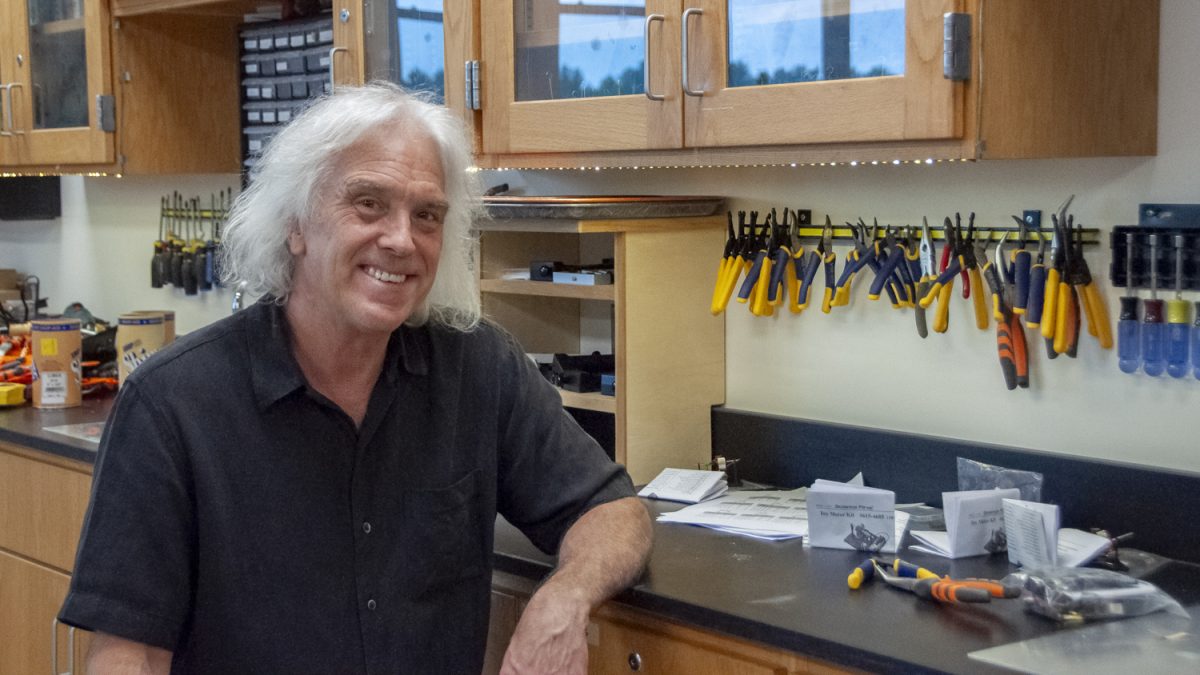While often discussed less than the big-ticket elections for president, the Massachusetts ballot measures have the capability to make large impacts on state policies.
Despite their importance, it is all too common for voters to be unsure of the impact of their responses to ballot questions. Here is a summary of the questions posed to voters on the upcoming 2024 Election Day, Nov. 5, along with arguments from each side so you can make a more informed decision.
Question 1
Question 1 regards a proposed law that would “specify that the State Auditor has the authority to audit the Legislature,” according to Massachusetts Attorney General Andrea Campbell in the state-published Information for Voters.
Contrary to the title, the state auditor does not focus on identifying financial irregularities but rather ensures that the state follows existing laws. The auditor has large, albeit legally limited, access to documents and investigative power. Question 1 asks voters if they would like to expand this power, granting the state auditor to investigate the state legislature and evaluate its actions.
A “yes” on Question 1 would allow the state auditor to hold more in-depth investigations, while a “no” would make no change in the auditor’s authority.
According to The Tuft’s University Center for State Policy Analysis, the ballot measure has been largely pushed by current auditor Diana DiZoglio with backlash from other legislators. Even if Question 1 passes, certain “core legislative functions” such as votes, debates and committee assignments will remain unexaminable for the auditor, and a lack of legislator compliance may inhibit the auditor’s ability to carry out investigations.
Question 2
A more pressing issue to the Algonquin community, Question 2 proposes eliminating the MCAS exam as a graduation requirement.
This is not to be confused with eliminating the MCAS exam entirely; passing Question 2 would still require students to take the 10th-grade MCAS exam. However, a student’s score on the exam would not be required as a graduation requirement. If Question 2 is not passed, there will be no change to the administration of the MCAS exam.
Passing Question 2 leaves it up to each school to determine graduation requirements regarding the MCAS exam. While some argue that the MCAS exam is an unnecessary hurdle for students that may misrepresent bad test takers, organizations such as No on 2 believe the test is important to student development.
“If Question 2 passes, some school districts will just adopt lower standards so students ‘graduate’ even if they haven’t learned the knowledge and skills they need to succeed,” the No on 2 website says. “This will harm our kids for the rest of their lives.”
Whether the MCAS is a necessary high expectation or an unnecessary obstacle for student development is a controversial subject, with arguments on both sides focusing on the well-being of Massachusetts students.
Question 3
Question 3, if passed, would grant transportation network drivers the right to unionize. A “yes” vote would provide transportation network drivers with the option to unionize and bargain with transportation companies regarding wages, benefits, terms, and conditions of work. A “no” vote would make no change in the ability of transportation network drivers to unionize.
Roxana Rivera of Vote Yes on 3 argued for a “yes” vote in the state-published Information for Voters, claiming Massachusetts-based rideshare drivers for companies like Uber or Lyft should be able to unionize. On the other hand, the Massachusetts Fiscal Alliance argued for a “no” vote on Question 3, claiming that unionization would increase prices for riders and fund unions rather than the drivers themselves.
Question 4
Question 4 proposes limited legalization of certain psychedelic substances, with a “yes” vote allowing people over the age of 21 to use certain and grow natural psychedelic substances under licensed supervision. A “no” vote would not change current laws regarding psychedelic substances, keeping them as Substance I drugs by state law that have no legal medical use.
Winthrop Police Lieutenant Sarko Gergerian argued for the legalization of certain psychedelic substances, arguing that patients should be promised psychedelic aid with anxiety, post-traumatic stress disorder and depression.
“Psychedelics will be available in approved therapeutic settings under the supervision of trained and licensed facilitators, NOT sold in stores to take home,” Gergerian wrote for state-published Information for Voters.
However, others such as surgeon Anahita Dua at the Massachusetts General Hospital, who argued for a “no” vote on Question 4, are cautioned by a recent increase in fatal car accidents involving drug use, the possibility for child and pet consumption, the “inevitable” black market sales and the lethal characteristics of certain drugs which would be legalized by Question 4.
Question 5
Passing Question 5 would cause the minimum wage for tipped workers to slowly rise over the next five years, eventually equalling the minimum wage of untipped workers by Jan. 1, 2029. A “no” vote would make no change to the minimum wage for tipped workers which is currently lower than that of untipped workers.
Estefania Galvis of One Fair Wage argued that the change is fair for workers, allowing them to meet minimum wage even on slow tipping shifts and fair for employers, as large corporations who may not adhere to this wage style would be forced to match some small businesses who already pay their employees in this way. Galvis also argues that it’s fair for the consumer as they won’t feel pressured to tip.
On the other hand, former server and current restaurant owner Doug Bacon claimed passing Question 5 would increase the cost of eating out. Bacon described that this may cause customers to tip less, actually lowering the wage for servers.
The Massachusetts ballot questions have the ability to change the circumstances of the Massachusetts legislature, testing, unions, substances and wages. With many big-ticket items, be sure to vote on Nov. 5 to make change in Massachusetts.










